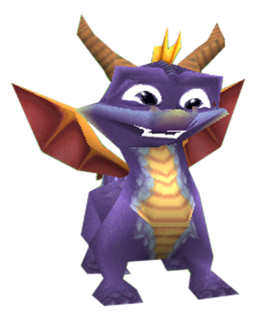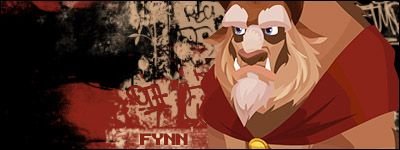Okay, couple points here.
There's a reason why, despite owning
Dark Souls, I never actually turned the game on. I need more reason to play a game than "oh, there's a lot of depth if you slog through thousands of hours of difficult gameplay". There's also a reason why I gave up on
Skyrim after the first fifteen minutes. It thrust me into a world I didn't care about, gave me little to no background, and expected me to engage with it despite incredibly tedious mechanics (seriously, it's like fifteen minutes of walking with nothing interesting going on just to get to your second quest location), and nothing happening except incredibly boring combat.
It's not an approach to game design that at all appeals to me.






 Reply With Quote
Reply With Quote








